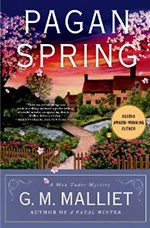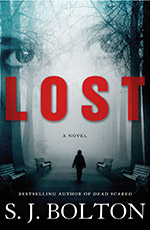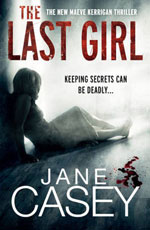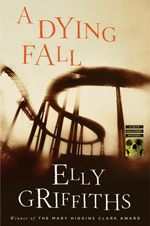Mary Elizabeth Braddon: Lady Audley’s Secret
 All I can say is – delicious. Mary Elizabeth Braddon was disdained by her contemporaries as a sensationalist – but she was lapped up and read by the public. Today’s public should find her tale of the devious and complicated Lady Audley no less fascinating. In true Victorian fashion, this is a novel rife with coincidence and conspiracy, and with the fiendish but seemingly angelic Lady Audley at its center, the story is one you may not be able to put down. It opens with the proposal of Lord Audley to his neighbor’s governess – she agrees, telling him that it exceeds her wildest dreams – and thus the tale begins.
All I can say is – delicious. Mary Elizabeth Braddon was disdained by her contemporaries as a sensationalist – but she was lapped up and read by the public. Today’s public should find her tale of the devious and complicated Lady Audley no less fascinating. In true Victorian fashion, this is a novel rife with coincidence and conspiracy, and with the fiendish but seemingly angelic Lady Audley at its center, the story is one you may not be able to put down. It opens with the proposal of Lord Audley to his neighbor’s governess – she agrees, telling him that it exceeds her wildest dreams – and thus the tale begins.





